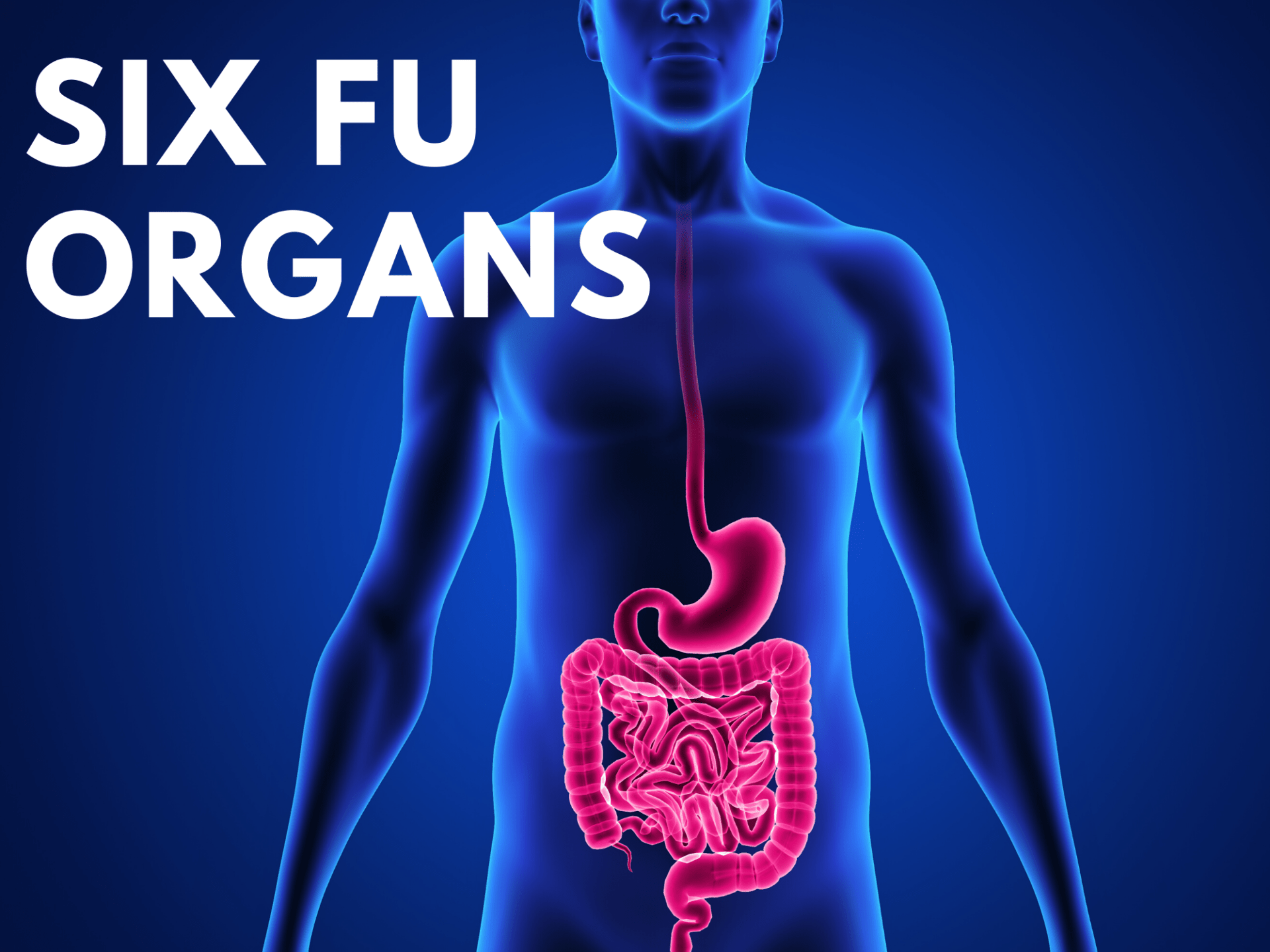The Six Fu Organs controls the transportation of food and water in our bodies. It is essential for human survival.
The Six Fu Organs are the gallbladder, stomach, small intestine, large intestine, bladder, and triple burner. I will explain each organ below.
Note: As I mentioned in a previous article, the organs in Chinese Medicine (CM) focuses on the physiological functions of a system rather than an anatomical organ. Therefore the organs in CM does NOT equal to the organs in Western Medicine.
If you haven’t read the introduction to “Internal Organ Systems in Chinese Medicine”, click HERE.
Gall Bladder
The gall bladder is located just under the liver. Below are the functions of the gall bladder.
1) Storing and Excreting the Bile
The bile is generated in the liver by the liver-qi. The bile is then transported to the gallbladder for storage. It is then excreted into the intestines to aid digestion.
2) Dominating Decision-making
The gallbladder is closely related to emotions like bravery and decision making. Therefore a deficiency in the gallbladder may lead to fear, insomnia, and loss of energy.
Stomach
The stomach is located underneath the diaphragm. Below are the functions of the stomach.
1) Receiving and Decomposing Food and Water
The food enters the mouth and it is traveled down to the stomach. The muscular contraction and the steaming ability of the stomach-qi transforms the food and water into chyme (semi-fluid mass of partly digested food).
2) Dominating Descending
The stomach-qi has the characteristic of descending. After transforming the food and water into chyme, the chyme is then transported downwards to the small intestine for further digestion.
If the descending function is disturbed, it might lead to nausea, vomiting and burping.
Small Intestine
The Small Intestine is located in the abdomen. Its upper end connects with the stomach and its lower end connects with the large intestine. Below are the functions of the Small Intestine.
1) Receiving and Digesting the Food
After receiving the chyme from the stomach, the small intestine further digests the food. The nutrients are then sent to the spleen. The spleen is then responsible for distributing the nutrients to the whole body.
2) Separating the Clear from the Turbid
During the digestion in the small intestine, the nutrients and food remnants are being separated. The nutrients and water are absorbed and transported to all parts of the body. While the food remnants will be further descended to the large intestine for excretion.
Large Intestine
The large intestine is located in the abdomen. Its upper end connects with the small intestine and its lower end connects with the anus.
The main function of the large intestine is to receive the waste from the small intestine and absorb its fluid content. The waste is further sent down to form faeces and to be excreted out of the body.
Bladder
The Bladder is located at the lower abdomen. Its upper end connects to the kidney and the lower end connects to the urinary tract.
The main function of the bladder is to store and discharge urine. This is important to maintain the balance of the water in the human body.
Triple Burner
The triple burner is the most difficult to understand among all organs since there is no corresponding organ in Western Medicine. The triple burner is the largest organ in our body. It is separated into three parts: the upper burner, the middle burner and the lower burner.
Upper Burner: The chest region that contains the heart and the lung
Middler Burner: The region between the diaphragm and umbilicus that includes the spleen and stomach.
Lower Burner: The region under the stomach that includes the small intestine, large intestine, kidney and bladder.
The main function of the Triple Burner is to act as a pathway for Qi and Water to transport and flow throughout the body.
This concludes the Six Fu Organs. Up next I will be discussing the “Extraordinary Fu Organs”!
If you have any questions regarding the Fu Organs, comment below!


Leave a Reply